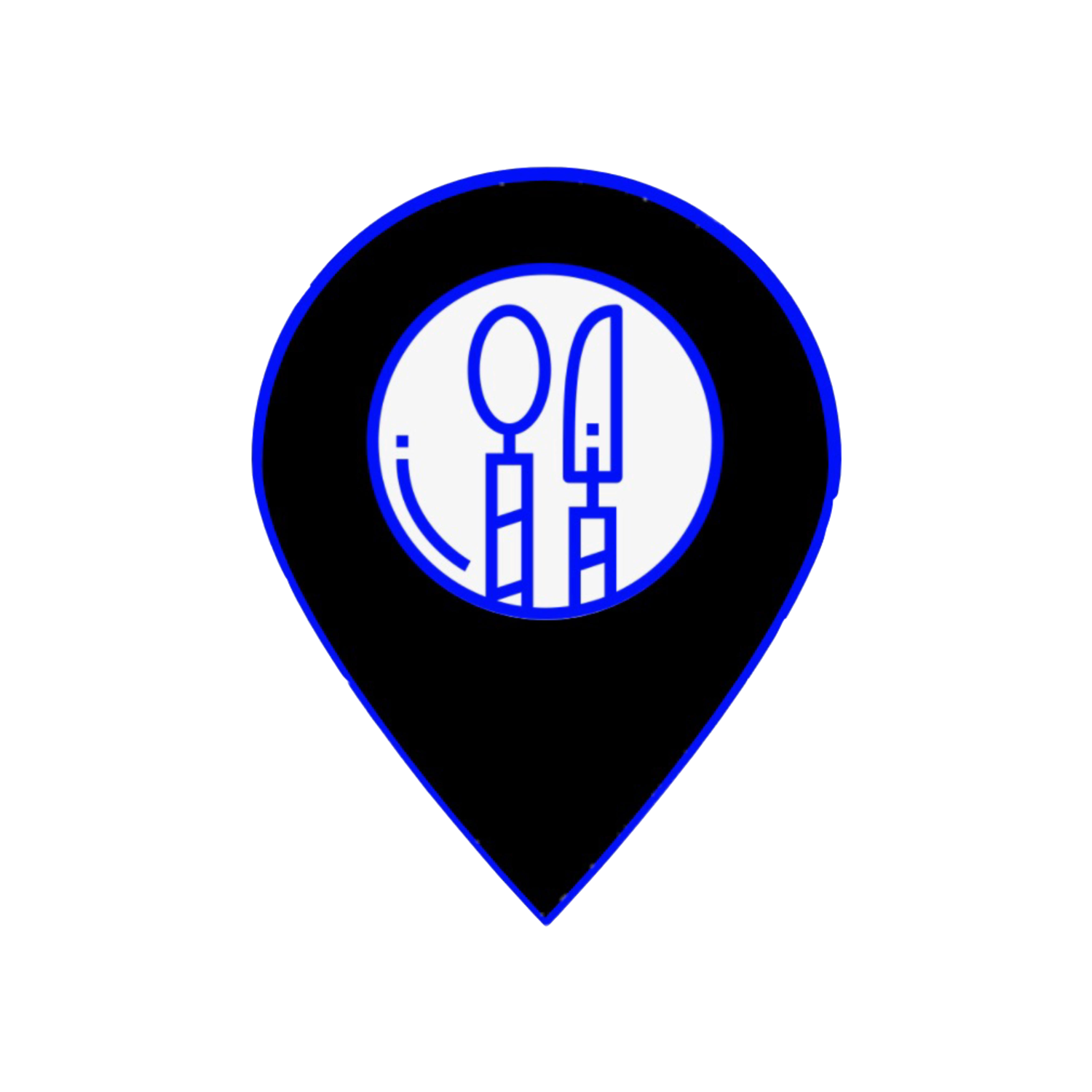MANAGING SITUATIONAL TRIGGERS
“Everything can be taken from a man but one thing: the last of human freedoms - to choose one's attitude in any given set of circumstances, to choose one's own way.” ~Viktor E. Frankl
Triggering is a buzzword that I am sure evokes some feelings as you saw it in the title of this blog. What I want to talk about here is how certain things can trigger behaviors, specifically in regards to food. More specifically I want to talk about how in regards to our health and weight loss we think of foods being triggers and sometimes over look the situations and circumstances that can be just as triggering, if not even more so.
With food based triggers it can be as simple as avoiding their locations or having them in your home. With more circumstantial triggers there may need to be some more thought given to their management. So let’s get into it!
Define Them
Think about it. When you’re going off your eating plan are you in specific locations or circumstances? Like the drive home from work, at a family member’s house, when you’re alone at home, after your family is in bed, before a big work presentation, etc. These are your situational triggers. For me, as some one who has struggled with “sneak eating” it was the times I was alone, and knew no one else would know what I was doing. Having an understanding of the situations that can be challenging for you is a huge first step to managing them.
Identify What You Can Control
As with many mindset challenges on a weight loss journey or working on your relationship with food, one of the most important questions to ask is “What can I control in this situation?” Be honest with yourself and look at your triggers you’ve identified, then answer that question. If the drive home from work is a challenge, you can’t just skip going home, right? So that is a factor you cannot control. But are there things about your commute that can be addressed. I worked with a client once who’s route home literally passed a dozen drive-thrus. The route home was something he could control.
Plan to Avoid Them
This might seem like the simplest step of all in any advice that I have given but basically if you can avoid or eliminate a triggering situation, do that! In my example above the client found a new route home that didn’t provide as many opportunities for a quick pull in. Often situational triggers are parts of habitual behavior or routines that need to be changed. Be prepared for some push back from yourself! Changing well worn paths is hard but important if you want to change the outcome.
Change the Details If Unavoidable
So if you cannot avoid a situation what do you do? First, go back to the details you can control and change them. If your problem is drive thru’s, put your money & cards in the trunk, that way you need to make a conscious choice to stop and get them which may be the time you need to make another decision. If it is when you’re alone, look for ways to connect with others during that time like calling a friend or even attending an online support group meeting. Be conscious of your goals and your plan, and if the circumstance is an interaction with a specific person you cannot avoid then do not get out of touch with your feelings. Check in with yourself before and after so that you are aware of your feelings and your sense of security.
Have an Accountability Plan
This piece of final advice applies to a lot more than just situational triggers but is helpful here none the less. Find ways to stay accountable to yourself and even to others when you are headed towards the circumstances on your list. A friend who understands your challenges or a coach even can be someone you text/DM before you enter into the situation and after. Accountability strengthens resolve especially when there is another person or persons involved. Don’t wait until you’re in the thick of the moment to craft this plan either. Get it ready now to help you when you need it most.
I hope this blog gets you thinking about approaching these situations that are challenging. Working through these triggers can be a big part of moving yourself forward towards your goals. If you want to talk about how a coach might help with this, click here to set up a call with one of our team members.

